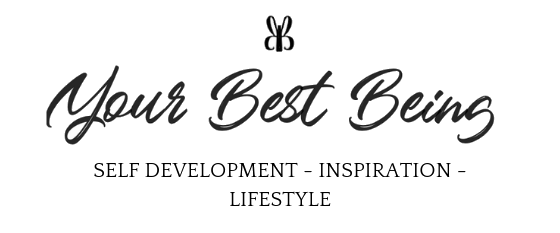So I am on Day 3 of the 30 day reboot where I go 30 days alcohol free. So far, there have been no issues- I simply have not drank.
The book I am following is geared more for those who really struggle with alcohol advises to remove all alcohol from the house. I probably will not do that step as I do not find it triggering to have unopened decorative bottles of wine placed on my counter… not yet anyways hah.
Although I would not consider myself to be an alcoholic in the first place, I do enjoy wine! I mean, I just spent 9 months without alcohol while pregnant so why shouldn’t I enjoy a few glasses, right? However, I started this journey to dig deeper into the ties between Eating Disorder recovery and the use of alcohol during later stages of my recovery so I plan to go 30 days without drinking and document my “discoveries”. You can read my previous post on Alcohol and Eating Disorder Recovery here.
As I read through “The 30-Day Sobriety Solution” which is accompanying my 30 day alcohol free journey, it is interesting on how much alcoholism and bulimia are parallel. It also speaks to why bulimia is so addictive- it is an addiction much like alcoholism. The book asks the reader “How many things are so effective at almost instantly relieving pain in your life while adding pleasure (albeit short term) at the same time?” Alcohol is definitely a quick acting solution and interestingly enough so is food. Both are used as a short term “solution”. When alcohol and food are ‘abused’ these are “symptoms” of a much deeper underlying issue that needs to be addressed.
The word that comes to mind right now is disassociation and the concept is turning to food or booze instead of dealing with any issues or uncomfortable feelings.
In the short term, an eating disorder and even alcohol can be used to eliminate pain and provides an element of “pleasure”. From my own personal experience with Bulimia, this would be a reflection of the ‘binge and purge’ episodes.
The Eating Disorder Hope website has further resources on this topic and also mentions that the National Center on Addiction and Substance Abuse has shown that approximately 35 percent of all women who suffer from alcoholism also suffer with an eating disorder. So I definitely want to speak to and explore this topic further.
And with my own personal experience with Bulimia and recovering from Bulimia, and the parallels between bulimia and alcoholism, it is important to be mindful with how I incorporate alcohol into my life- catch my drift?
How does this post resonate for you? Leave a comment below!
